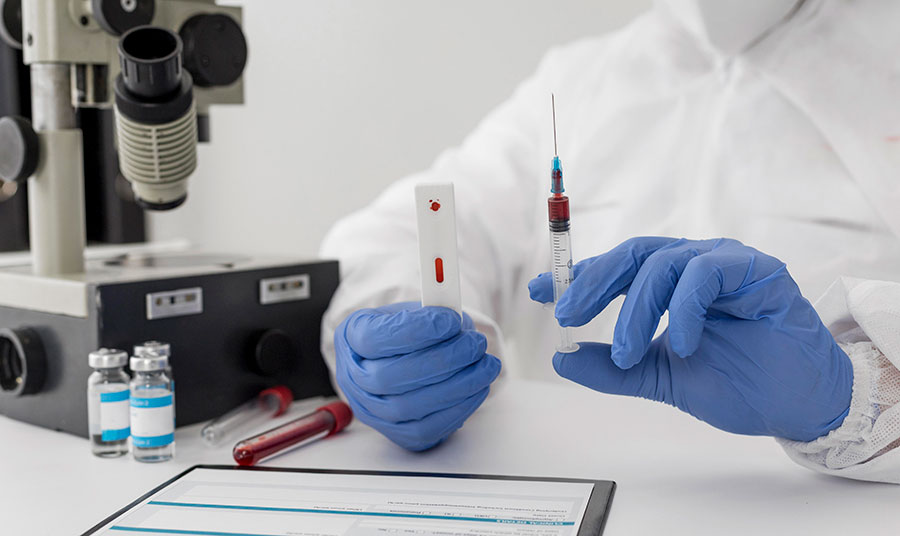Discover vascularized organ-on-a-chip technologies are revolutionizing pharmaceutical industry. Enhancing drug testing and disease with unprecedented accuracy.
In the realm of biomedical engineering, a transformative breakthrough is poised to reshape drug testing and disease modeling: vascularized organ-on-a-chip technologies. Developed by researchers from Shanghai University and the University of California Los Angeles, these innovations represent a paradigm shift away from conventional methods reliant on animal testing and simplistic cell cultures.
Mimicking Human Organs on a Microscale
Organ-on-a-chip technology involves cultivating cells within microenvironments that replicate the 3D structure and physiological functions of human tissues. These miniature devices integrate diverse cell types within microfluidic networks, allowing precise control over physical and chemical conditions.
Central to the effectiveness of organ chips is their incorporation of vascular systems. These systems mirror the human body’s ability to transport nutrients, oxygen, and waste products through microvascular networks. Achieved through advanced techniques like 3D bioprinting and hydrogel-based microengineering, vascularized organ chips enhance biological relevance and accurately mimic human physiological responses.
Applications and Innovations
Recent advancements have produced organ chips tailored for specific organs such as the liver, brain, and heart. Each chip serves unique research purposes, from studying drug metabolism in the liver to investigating neurodegenerative diseases with brain chips. These platforms provide insights into disease mechanisms and drug responses with unprecedented accuracy.
A significant advantage of organ-on-a-chip systems lies in their potential for personalized medicine. By using patient-derived cells, these chips can predict individual responses to medications, enabling tailored treatment strategies and minimizing adverse effects. This capability holds promise for optimizing therapies across a spectrum of diseases, including cancer.
Ethical and Efficiency Gains
Organ-on-a-chip technologies offer ethical advantages by reducing reliance on animal testing, aligning with evolving ethical standards in biomedical research. Moreover, they enhance the efficiency of drug development by providing more predictive models of human physiology, thereby reducing costs and accelerating the path from drug discovery to clinical application.
Beyond single-organ studies, organ-on-a-chip platforms facilitate the study of multi-organ interactions. By linking different chips through microfluidic channels, researchers can simulate complex disease scenarios involving multiple organ systems. This holistic approach offers insights into systemic diseases and the effects of treatments across interconnected bodily systems.
Vascularized organ-on-a-chip technologies represent a pivotal advancement in biomedical research, offering unprecedented capabilities in drug testing, disease modeling, and personalized medicine. By mimicking human physiology with high fidelity, these technologies promise to revolutionize medical research practices, potentially transforming how therapies are developed and tailored to individual patient needs. As research in this field continues to evolve, organ-on-a-chip technologies are poised to usher in a new era of precision medicine, where treatments are safer, more effective, and more closely aligned with patient-specific characteristics.
Pharmaceutical Industry
Pharmaceutical Industry
Comments are closed.












